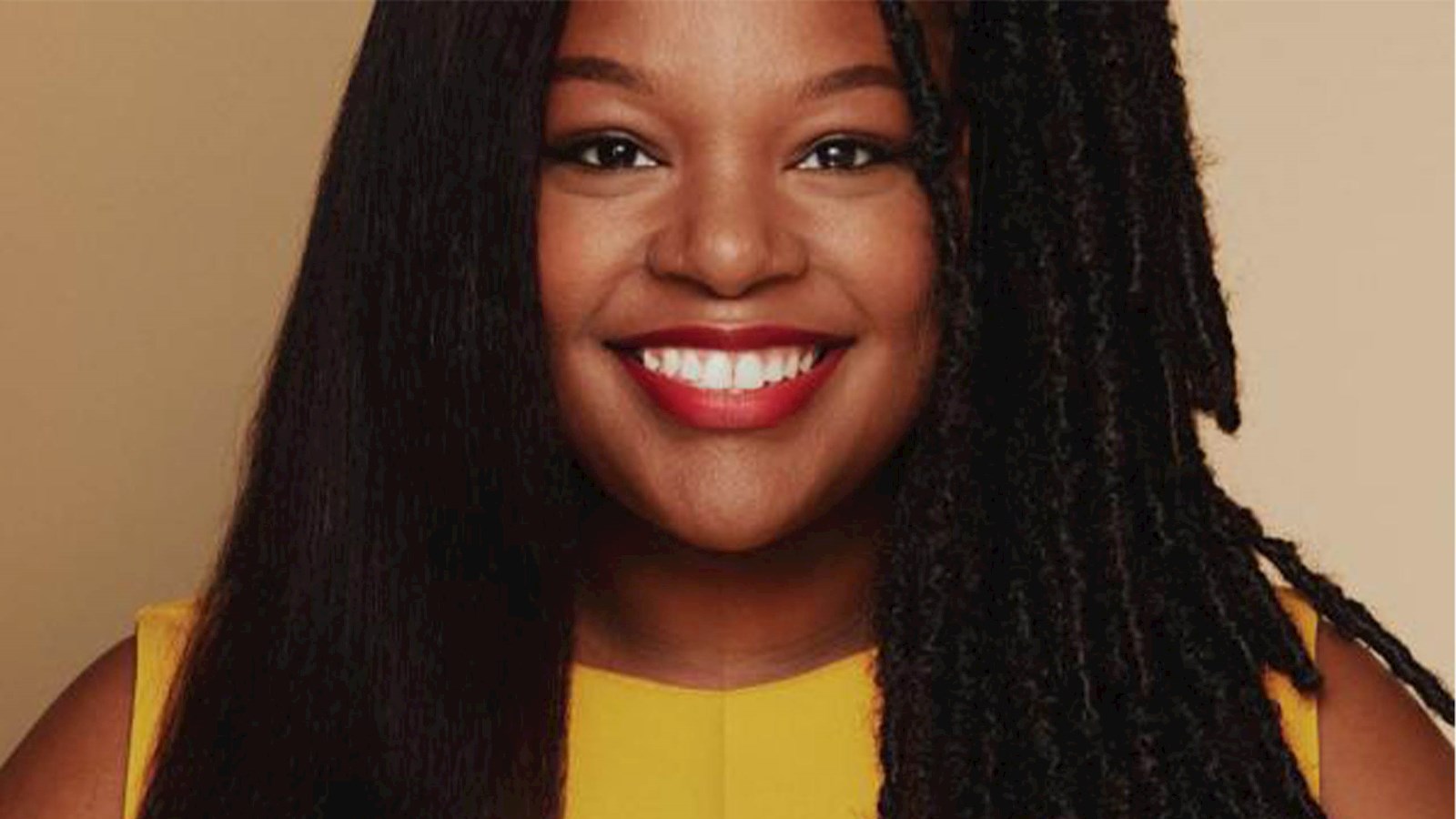
Ogilvy: Dove’s #BlackHairIsProfessional

Ogilvy & Mindshare: Dove’s #BlackHairIsProfessional
Ending hair discrimination in the workplace
Dove's research found that Black women are 80% more likely than white women to agree with the statement: "I have to change my hair from its natural state to fit in at the office." So, in 2019, Dove created the CROWN Act and CROWN Coalition to end race-based hair discrimination in the workplace and public schools.
Ogilvy and Dove partnered with LinkedIn, the world's largest professional network with nearly 1bn engaged members, to highlight the issue of race-based hair discrimination using the hashtag #BlackHairIsProfessional.
Social media posts from Dove showed portraits of three different Black professional women who wore their hair naturally on one half of their portrait and straightened on the other. The image was accompanied by the statistic that when Black women wear their hair naturally, they are 2.5 times as likely to be considered unprofessional.
The campaign enlisted the help of Black content creators who highlighted the urgency needed to address this issue, using their real stories of hair discrimination. These creator stories not only spread awareness of the need to support the CROWN Act, but also encouraged people to share their own stories of hair discrimination and even change their profile picture to one with their natural hair.
After encountering these stories, LinkedIn members were encouraged to access LinkedIn Learning courses to support a more equitable and inclusive work environment for free, as well as sign the CROWN Act petition.
The campaign pushed Dove over its goal of 500,000 CROWN Act petition signatures. The hashtag itself gained more than 7m views within the first two weeks, with 1,000 new posts from people sharing their personal stories of hair discrimination.
The campaign gained more than 150 media mentions, including articles in Black Enterprise, Hypebae and Glamour, reaching more than 1bn people.

